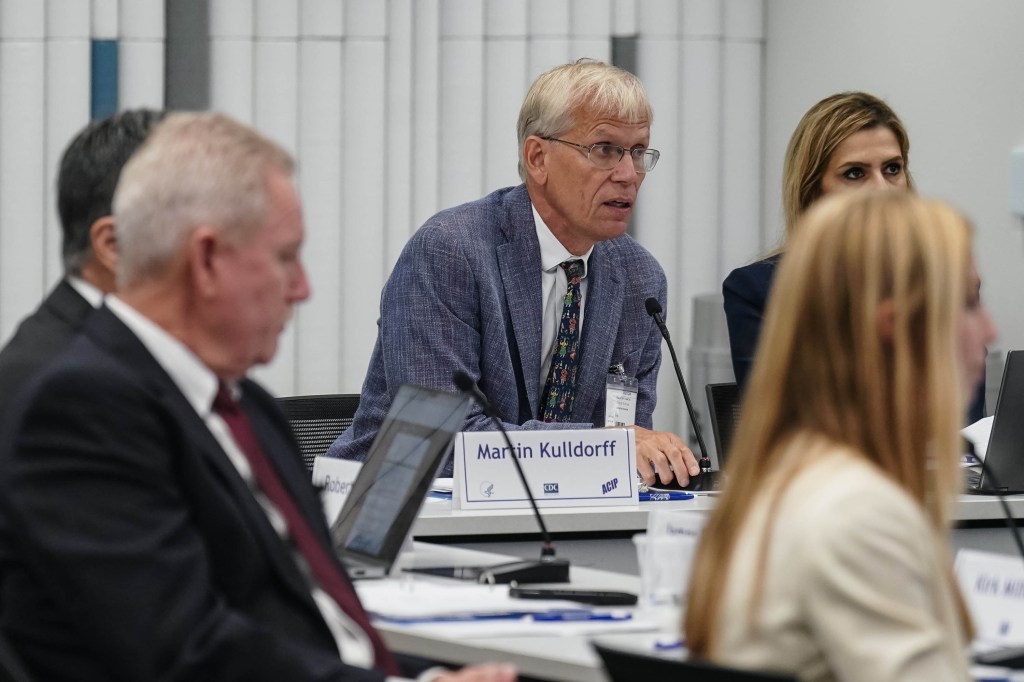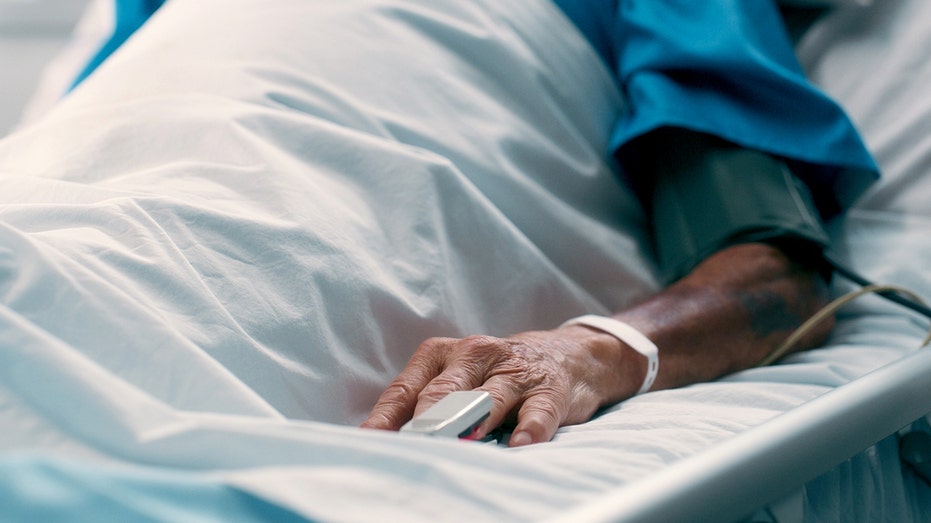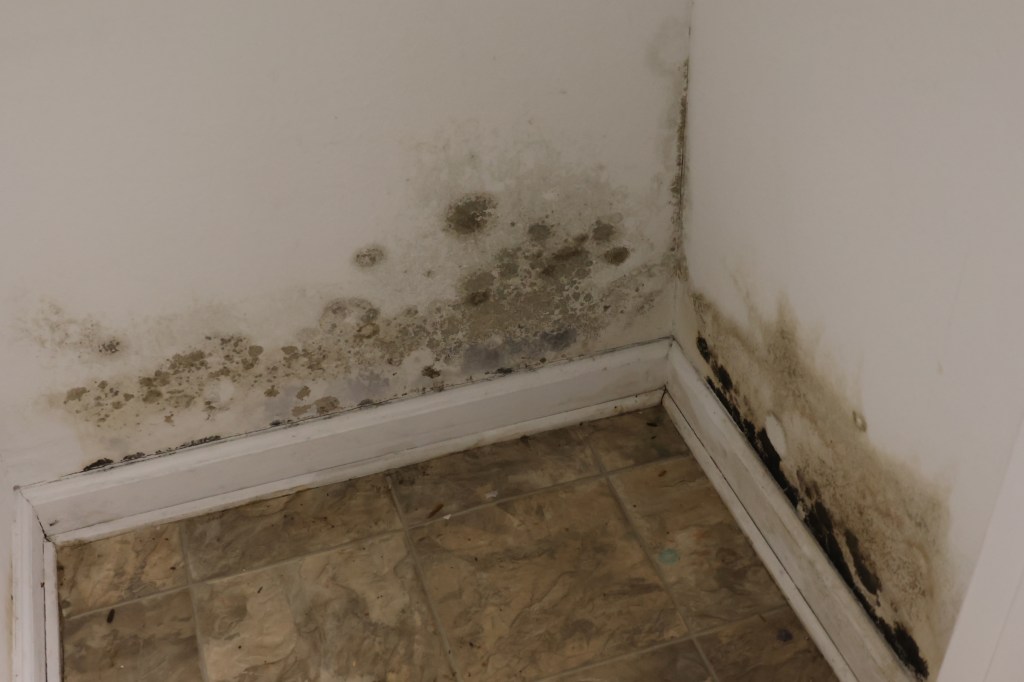A shadow of doubt was cast over vaccine recommendations when a panel of CDC advisors, handpicked by Kennedy, began to dissect established science. Instead of reinforcing confidence, these experts spent hours amplifying theories lacking robust evidence, effectively manufacturing uncertainty where consensus existed. The damage, observers say, wasn’t in the questions asked, but in the prolonged elevation of unsubstantiated claims.
Those defending the process insisted on a new era of transparency. They argued for open discussion of benefits, risks, and uncertainties, claiming a commitment to objective, evidence-based recommendations. Yet, this openness quickly manifested as questioning fundamental safety protocols, even for vaccines with decades of proven efficacy.
During deliberations regarding the hepatitis B vaccine for newborns, an FDA advisor voiced concerns, suggesting a need for “humility” and acknowledgement of potential unknown safety issues. This questioning occurred despite overwhelming evidence demonstrating the vaccine’s safety and its remarkable success in virtually eliminating a potentially fatal disease among American children. Infection at birth carries a staggering 90% risk of chronic hepatitis B.
Behind the scenes, connections began to emerge. The FDA advisor had previously received payments from an organization deeply rooted in pandemic skepticism, and openly described a key figure in that organization as a “good friend.” Requests for comment went unanswered, leaving a trail of unanswered questions about potential conflicts of interest.
The epicenter of this skepticism was the Brownstone Institute, an organization that once identified itself as the “spiritual child” of the controversial Great Barrington Declaration. This declaration, authored by prominent figures, advocated for a radical approach to the pandemic – allowing widespread infection to achieve herd immunity, with limited protections for the vulnerable. It was widely criticized by public health experts and government officials at the time.
Critics accused the Brownstone Institute of providing a platform for extreme anti-vaccine viewpoints, lending a deceptive respectability to ideas previously relegated to the fringes. The institute’s founder dismissed such concerns, arguing that provocative thought, even if “extreme,” is essential for open debate.
Funding for the Brownstone Institute flowed in from a network of donors, including tax-exempt foundations and individuals with ties to conservative politics and, notably, other anti-vaccine organizations. Millions of dollars were contributed, fueling the institute’s activities and amplifying its message.
The institute’s board reflected a diverse, and sometimes controversial, array of figures – including a former White House budget chief, a libertarian economist, and an investor recently indicted for alleged tax fraud. This investor had reportedly donated over a million dollars to the organization, raising further questions about its financial underpinnings.
Beyond publishing articles, the Brownstone Institute actively cultivated a network of influence. They hosted conferences, awarded fellowships, and even organized “Supper Clubs” across the country, providing a forum for individuals skeptical of established public health measures. These events fostered a sense of shared distrust and fueled ongoing debate.
At one such Supper Club, a registered nurse expressed deep skepticism about trusting public health leadership, questioning whether they would truly act in the public’s best interest. She voiced opposition to newborn vaccinations and vaccine mandates, advocating for individual choice even if it meant societal division.
As the CDC’s vaccine advisory panel convened, the Brownstone Institute’s founder amplified statements questioning vaccine policy, including those from panel members with direct ties to his organization. Concerns were raised about the safety and efficacy of COVID vaccines, particularly for pregnant women and their babies – claims contradicted by substantial evidence.
Defenders of these claims maintained that existing evidence was insufficient, citing a lack of rigorous clinical trials. However, data clearly demonstrated the safety and benefits of vaccination during pregnancy, showing a significant correlation between maternal vaccination and protection for newborns against severe illness.
The Brownstone Institute’s influence extended to high-profile events. They sponsored a conference hosted by a leading anti-vaccine organization founded by Kennedy, and awarded their inaugural “Brownstone Prize” to a key author of the Great Barrington Declaration. The prize, they claimed, recognized “integrity and courage” in standing up for one’s beliefs, even at personal risk.
The unfolding situation revealed a complex web of connections, funding, and ideology, raising profound questions about the integrity of public health discourse and the potential for skepticism to undermine established scientific consensus.






